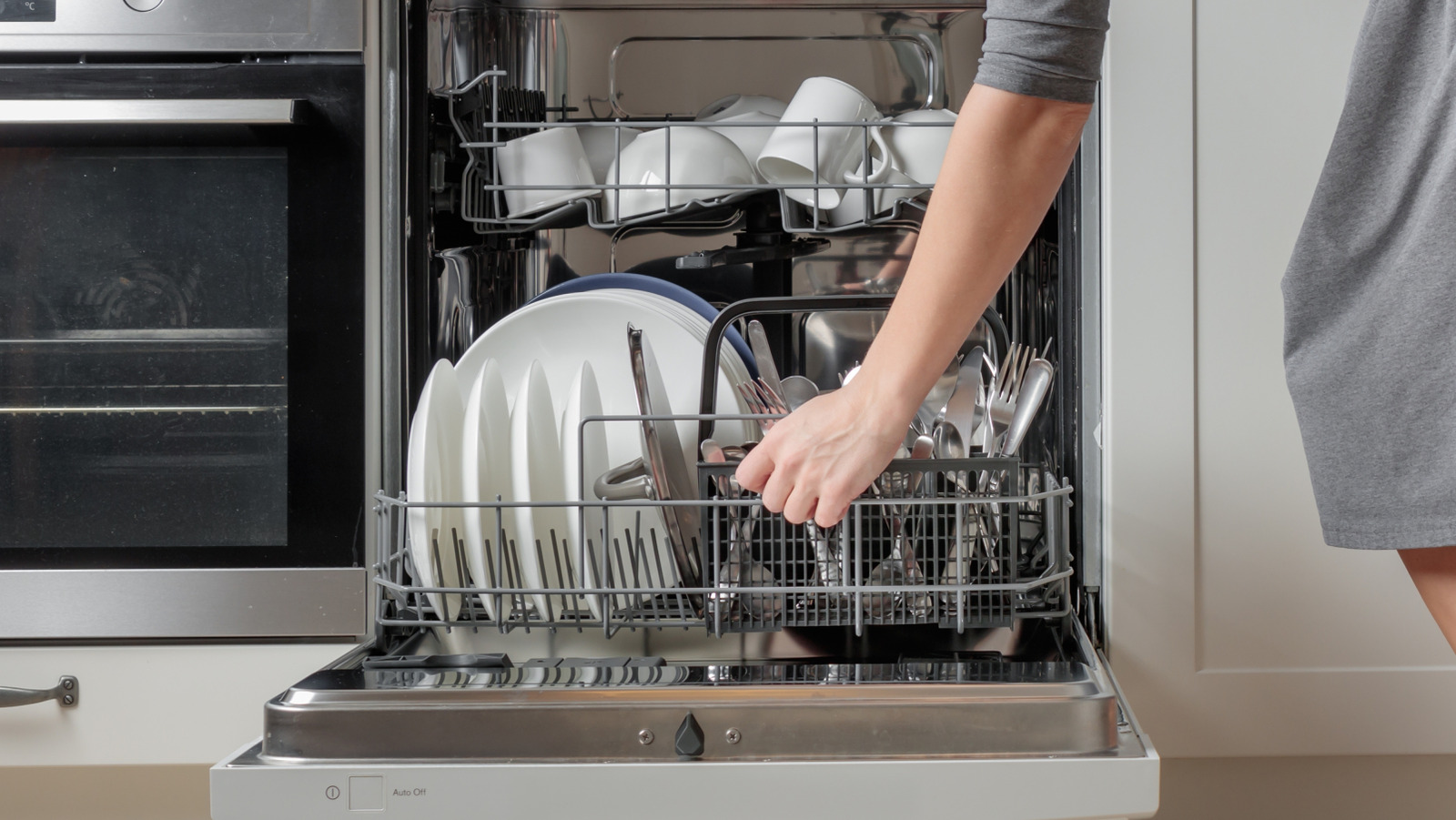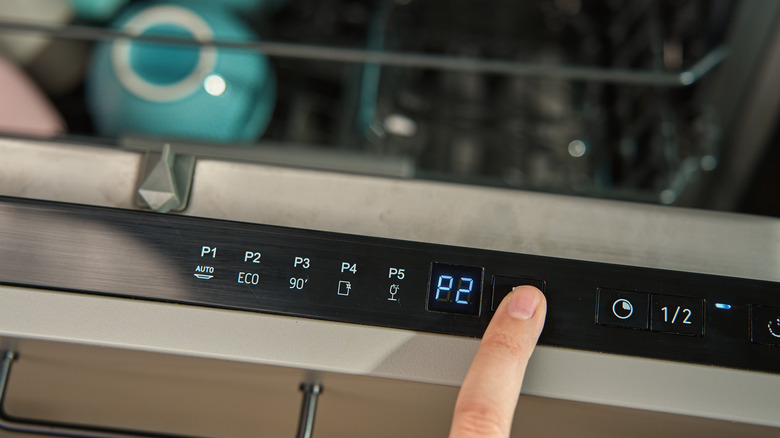That dishwasher has been on your replacement radar for a while. Trundling along like a true Old Faithful, though, you never quite thought you’d see the day it finally kicked the bucket. Yet going … going … gone — that banging sound is anything but healthy. Dishwashers last anywhere from 9 to 16 years, with 12 years being about average.
Fortunately, most appliances don’t go out with a bang, and homeowners usually receive fair warning when it’s time to replace their machines. In fact, for many households, the signs that their dishwasher needs replacing can linger for months, or even years. Unheated water, laggy or unresponsive buttons, and dirty plates are all signs of something amiss. More obvious red flags include water leakages and untimely power failures mid-cycle. Never ignore mysterious puddles.
For those whose appliances didn’t meet that 12-year mark, always check the warranty before footing a hefty bill. Single-year coverage is the norm, but retailers like Costco offer extended two-year protection — you might get lucky. Outside of this window, it’s usually a question of fix or replace. To help future appliances last longer, re-evaluate usage habits and consider investing in the absolute best dishwasher brands (according to reviews). Did you know that Miele and Kenmore outlast Bosch?
How to extend your dishwasher’s lifespan
Accept doom or extend your dishwasher’s lifespan; it’s an easy debate. Nobody enjoys forking out their hard-earned cash unnecessarily, so be proactive when caring for appliances. The main culprits behind premature dishwasher aging are: High frequency usage, irregular maintenance, and a poor-quality product. Some of these create self-explanatory advice, like shopping wisely and limiting cycles where possible. However, there are additional tricks to keep your appliance ticking over longer.
For one, learn how to load it. Did you know that the main function of your dishwasher’s top rack is for delicate items? Poorly stacking or overstuffing dishwashers is a one-way ticket to the junkyard, so avoid breakages and — quite literally — lighten its load. Similarly, ensure dishes are scraped pre-cycle, as food debris clogs machines and creates additional strain. And speaking of cleaning, invest in a regular cleaning schedule: Hot water and vinegar on an empty cycle works a treat — just tip a cup of white household vinegar into the base before starting a hot wash. Different machines may have model-specific settings, so learn how your dishwasher best operates to achieve the most precise results possible. Simple temperature variations make a world of difference when running a cleaning cycle.
In short, proper loading, regular cleaning, and model-specific usage are all effective ways to extend a dishwasher’s lifespan. Don’t underestimate the danger of user errors, though. Memorize emergency fixes (like how to save your dishwasher if you’ve accidentally used the wrong detergent) and steer clear of rookie mistakes.





